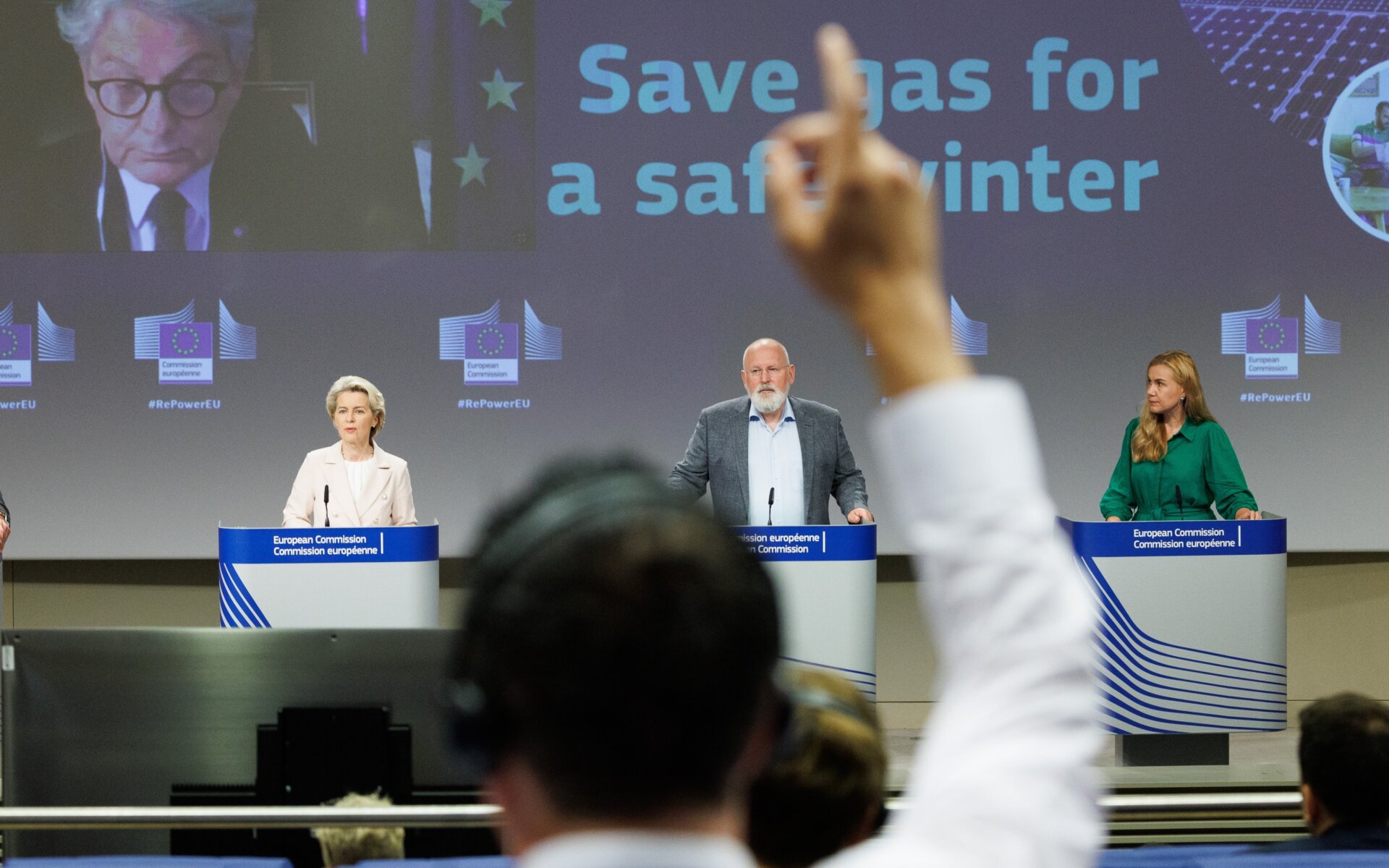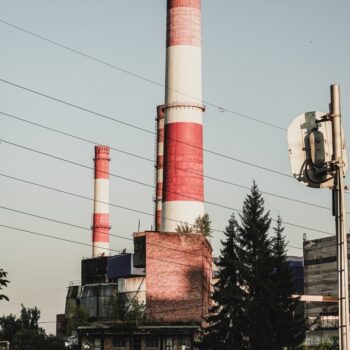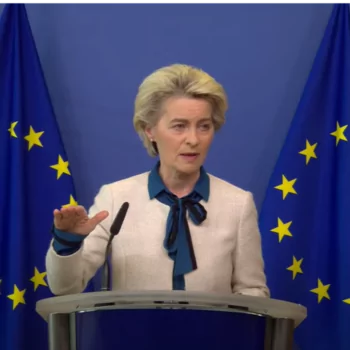On 26 July, EU Member States’ Energy ministers will decide whether they support the Commission’s “Save gas for a safe Winter” plan, which includes a 15% binding reduction of gas consumption. National governments must support and strengthen this winter preparedness proposal.
- The European Commission has released the “Save gas for a safe Winter” plan in preparation for a potential sudden interruption of gas flows from Russia. The plan will be submitted to the Energy Council for approval on 26 July.
- The plan aims at a binding 15% reduction of gas consumption in Europe between 1 August this year and 31 March next year. This is expected to be hotly contested among EU Member States.
- This demand-side approach is critical to increasing EU preparedness this winter. If not endorsed, this disunity risks limiting the bloc’s geopolitical space to navigate the conflict.
- In its current form however it falls short of moving one step ahead in the geopolitical confrontation with Russia. A stronger focus on using these measures to build long-term resilience could change that.
Story
The Commission’s winter preparedness proposal anticipates further deterioration of the EU’s energy outlook in the coming month. The IEA estimates that there is a 12 billion cubic meter (bcm) gap that cannot be closed through additional supply. This must be met with demand reductions. The Commission estimates that the gap could be up to 30-45 bcm in case of unmanaged disruption of supply over the winter.
Emphasising the need for coordinated effort, the Commission is asking Member States to update their existing national emergency plans and voluntarily reduce their gas consumption to a total of 15%, with the possibility of making the reduction mandatory if an EU-wide alert is declared. To date, EU countries have reduced gas demand by around 5%, with varying contributions from Member States and sectors. This is expected to be hotly contested as some Member States are not prepared to take the economic hit.
At this point, the critical elements determining Member States’ dynamics are:
- The extent to which the Union’s ability to shape and navigate the geopolitical response to the Russian invasion can be aligned with domestic capabilities to respond to the gas crisis. There is scope to find agreement given the ability of Member States to contribute to different elements of the proposal – some countries could make a stronger contribution to solidarity, with others making a stronger contribution to demand reduction (e.g. DE, PL). Looking at this from a sectoral rather than national lens opens compromise space too: an EU-wide assessment of what sectors in what country have the most potential to make the fastest and deepest emissions reductions and what specific support is needed for that is still lacking.
- How far this plan can be understood as and turned into an investment to build economic competitiveness and resilience in the longer term. For that, any auctions or support schemes to drive gas demand reduction must be designed smartly, e.g., via energy efficiency and switching away from fossil fuels, rather than focussing on one-off solutions to the immediate crisis.
- How far the proposal can be strengthened to provide practical support for those living in energy poverty including by reducing their exposure to fossil fuel price volatility.
As this is the first Energy Council under the Czech Presidency, which will be followed by two Energy Councils in October – one informal, one formal – the dynamics and messaging around this Council will set the tone for subsequent negotiations on the ‘Fit for 55’ package.
Available for comment – EU’s winter preparedness proposal
Adeline Rochet, Senior Policy Advisor, Place-based transitions (EN, FR)
m: +32 (0) 470 118 580 adeline.rochet@e3g.org
Raphaël Hanoteaux, Senior Policy Advisor on Gas Politics (EN, ES, FR)
m: +32 496 205 903 raphael.hanoteaux@e3g.org
Namita Kambli (EN, FR), Senior Researcher on the EU‘s social agenda
m: +32 498 62 77 51 namita.kambli@e3g.org
Notes to Editors
- E3G is an independent climate change think tank with a global outlook. We work on the frontier of the climate landscape, tackling the barriers and advancing the solutions to a safe climate. Our goal is to translate climate politics, economics and policies into action. About – E3G
- For further enquiries email press@e3g.org or phone +44 (0)7783 787 863


